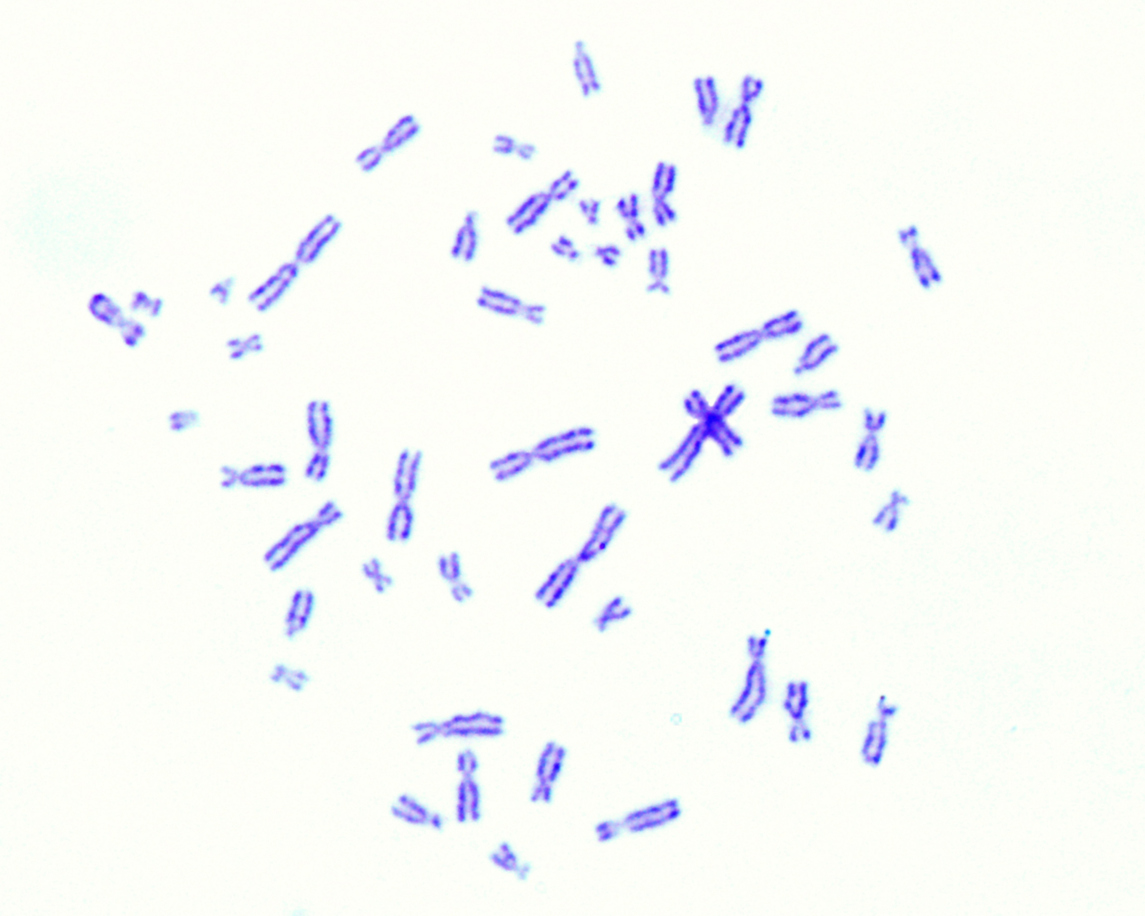
KIT Researchers Use CRISPR to Prevent Genetic Exchange
September 21, 2022| |
Researchers at the Karlsruhe Institute of Technology (KIT) used CRISPR to invert and deactivate nine-tenths of a chromosome to prevent genetic exchange. The results of their study are published in Nature Plants.
To breed an ideal crop, it must possess traits that make it tasty, high-yielding, and pest and disease-resistant. However, if the genes that confer these traits are far from each other in the chromosome, some favorable traits could be lost during breeding. Using CRISPR, the researchers were able to prevent genetic exchange in Arabidopsis that normally occurs during the hereditary process. They shut down almost the entire chromosome to make it seem invisible, enabling the transfer of all traits on that chromosome. If the traits were passed on together, the genes for those traits must stay close to each other on the same chromosome. This “genetic invisibility” happens frequently on a smaller scale in wild and cultivated plants. The researchers have used this technique so that the chromosome can be passed on to the next generation.
Read the press release from KIT.
| |
You might also like:
- Pocket K No. 54: Plant Breeding Innovation: CRISPR-Cas9
- Founder of Chromosome Genomics Expresses Support for GM to Achieve Food Security
- Inactivating Genes Boosts Crop Genetic Diversity
Biotech Updates is a weekly newsletter of ISAAA, a not-for-profit organization. It is distributed for free to over 22,000 subscribers worldwide to inform them about the key developments in biosciences, especially in biotechnology. Your support will help us in our mission to feed the world with knowledge. You can help by donating as little as $10.
-
See more articles:
-
Gene Editing Supplement (September 21, 2022)
-
Research and Tools
- KIT Researchers Use CRISPR to Prevent Genetic Exchange
- CRISPR Boosts Production of Medical Compound in Chicory
- Chromosome Engineering Now Possible in Mammals
- All-in-one Plasmid CRISPR-Cas9 System Allows Rapid Genome Editing of B. subtilis
-
Policy Considerations and Approvals
- EU Agriculture Ministers Agree on Plant Breeding Innovation to Strengthen Food Security and Sustainability in the Region
-
Public Acceptance and Engagement
- Textbook-style CRISPRpedia Now Available
-
Read the latest: - Biotech Updates (October 22, 2025)
- Gene Editing Supplement (September 24, 2025)
- Gene Drive Supplement (February 22, 2023)
-
Subscribe to BU: - Share
- Tweet

